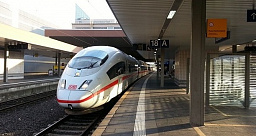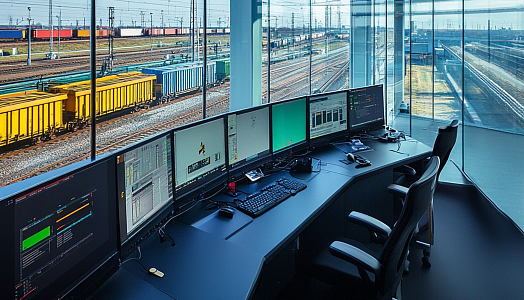Internationalization of Rail Yard Billing Product
Highlights
In 2014, a railway infrastructure company based in the USA contracted PSA for a Rail Yard internationalization project. This complex project consisted of two phases: to provide source code with further support, and to complete the internationalization of the Maintenance Management System and the Car Repair Billing product.
Challenge
In July 2014, PSA began the pilot phase to internationalize the client’s rail yard product line that consisted of a web portal and mobile handheld device. The rail yard product was a leading software solution for railcar repair shops to manage billing and maintenance operations, and provide railcar owners with timely data, enhanced management information, and a decisive tool to reduce repair and maintenance cost. There were two parts involved in this complex project. The first objective was to enable car repair billing to audit repair lines against a predefined set of federal audit rules. The second objective was to improve railcar maintenance management by increasing data visibility.
The main goal of the second phase was the popularization of two products (Car Repair Billing and Maintenance Management systems) and the expansion into new markets. Both systems were initially presented only in English, therefore modifications were required to support other languages.
Solution
The Maintenance Management System as a rail signaling solution was designed to manage repair and maintenance information for the railcars. It also provided the ability to generate repair invoices and reports, review invoice determinations from billing companies, as well as initiate rebuttals and counter-billing.
Since the Car Repair Billing product itself consisted of two components, this would require a specific approach towards internationalization. The web site portion of the product was intended to generate and monitor the workflow of railcar repairs. This would include the ability to search the status of repaired vehicles, cost of the fix, and generate invoices.
Handheld devices were used to improve the process by reflecting the data on the web site, checking the railway cars in/out, and entering inspection and repair information.
PSA adapted both products to support multiple languages. To accomplish this, our development team focused their attention on numerous linguistic specifics and established the appropriate logic. A few examples in particular were:
-
Studying the sentence structure of different languages to ensure the translation was grammatically correct
-
Modifying the message length according to language specifics
-
Internationalization of static, dynamic, and parametric fields
-
Providing language-specific symbols support
Mock language provided the logic necessary to complete the internationalization activities of the project. The images included in the data sheet represent techniques used by PSA to validate support of multiple languages for string placement and spacing. The project also included source code updates for all user interface screens, verified regression testing of all screens, and support of multiple languages.
Development Included
- PHP components internationalization.
- ASP.NET components internationalization.
- Handheld component internationalization.
- Source code merge and delivery.
- Iteration and smoke testing.
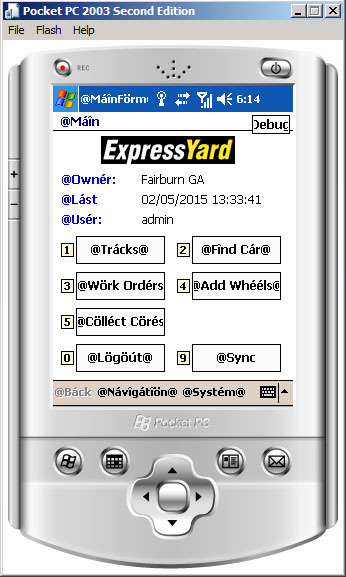
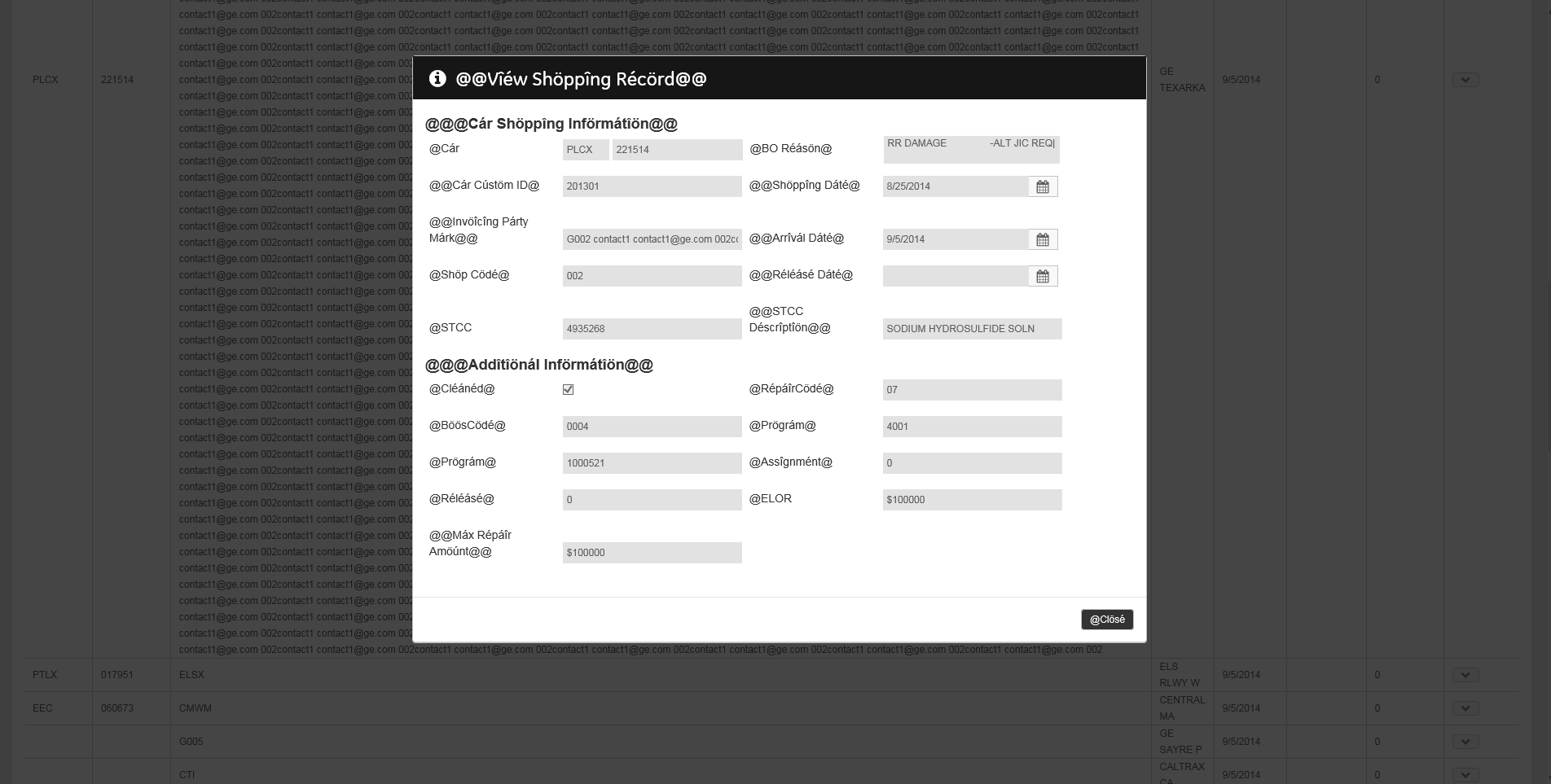
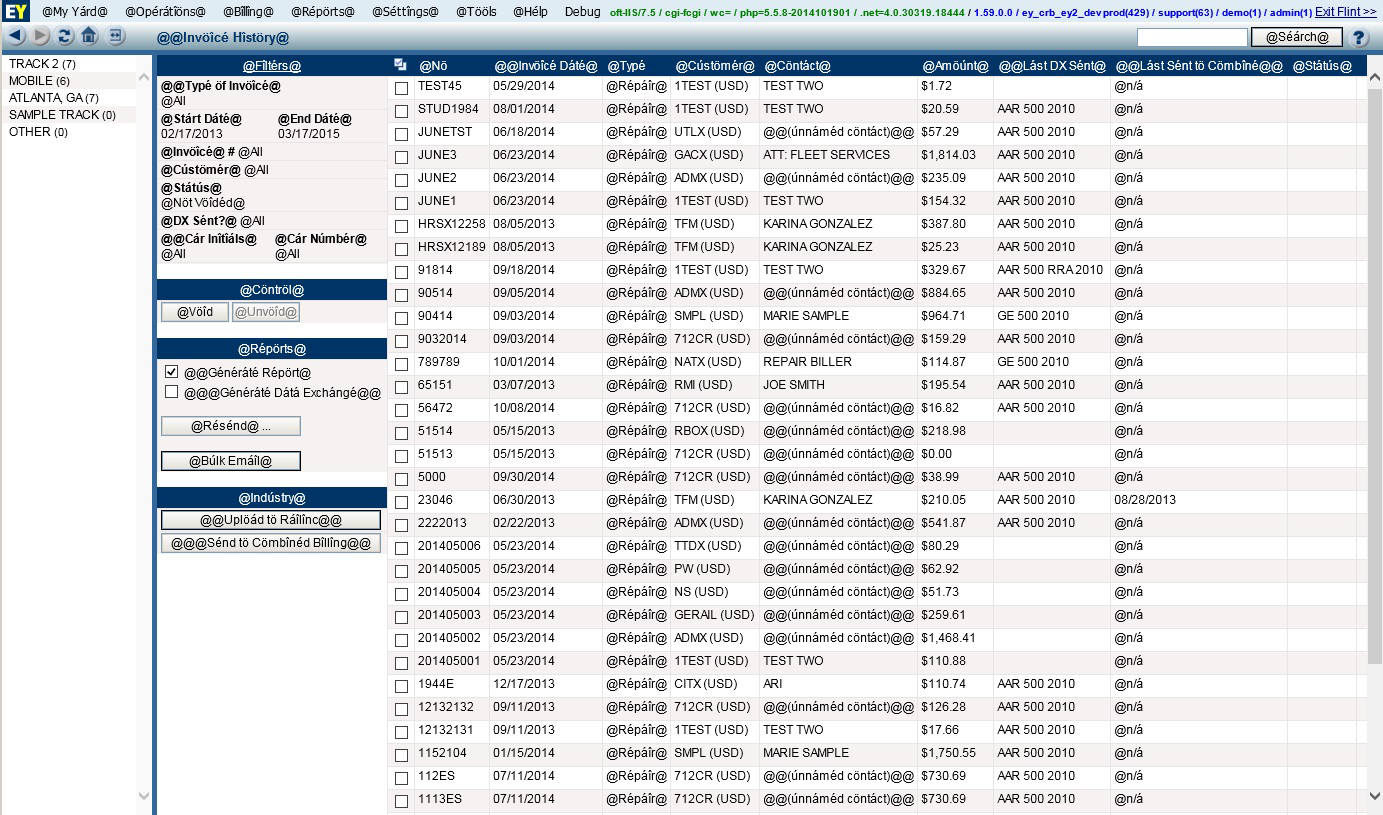
Technology Breakdown
- 5 Team Members
- 1 Year


